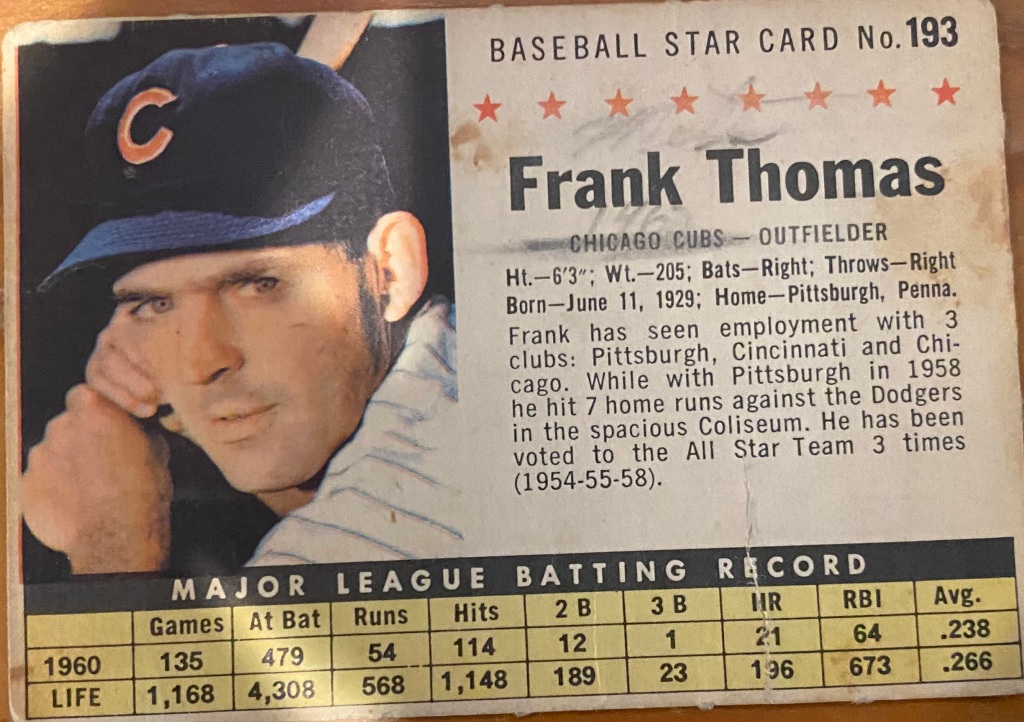
Archives
-
Recent Posts
Hot Topics
- 1964
- Albert Pujols
- Alex Rodriguez
- Atlanta Braves
- Baltimore Orioles
- baseball
- Boston Red Sox
- Brian Cashman
- Bryce Harper
- CC Sabathia
- Chicago Cubs
- Chicago White Sox
- Cincinnati Reds
- Clayton Kershaw
- Cleveland Indians
- Colorado Rockies
- David Price
- Derek Jeter
- Detroit Tigers
- Dusty Baker
- Hall of Fame
- Houston Astros
- Jason Heyward
- Jim Bouton
- Joe Girardi
- Joey Votto
- justin Upton
- Justin Verlander
- Kansas City Royals
- Los Angeles Dodgers
- Madison Bumgarner
- Miguel Cabrera
- Mike Trout
- Milwaukee Brewers
- Minnesota Twins
- New York Mets
- New York Yankees
- Oakland Athletics
- Pete Rose
- Philadelphia Phillies
- Pittsburgh Pirates
- Prince Fielder
- Ryan Braun
- San Francisco Giants
- St. Louis Cardinals
- Tampa Bay Rays
- Texas Rangers
- Toronto Blue Jays
- Washington Nationals
- World Series
Trending
